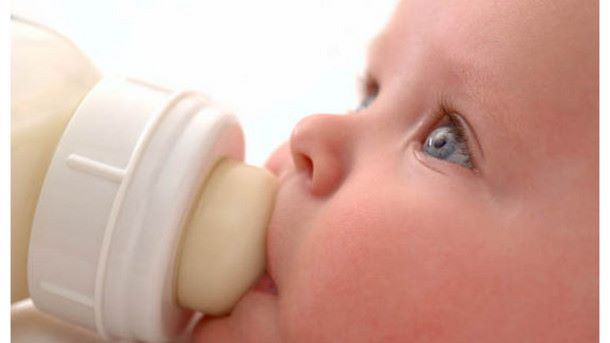Birth rates in the EU recorded a slight drop in 2022, with 3.88 million babies born compared to 4.09 million in 2021, according to data published today by the EU’s statistical authority, Eurostat.
The decrease marks the 14th year in a row of a declining trend in the EU since 2008 when 4.68 million children were born.
In Greece, birth rates decreased by a further 10.3% in 2022, totaling 76,541 (39,558 boys and 36,983 girls), compared to 85,346 (43,998 boys and 41,348 girls) in 2021.
The total fertility rate in 2022 in the EU stood at 1.46 live births per woman, which is another decline, after the small spike recorded in 2021 (the total fertility rate was 1.53 in 2021 and 1.51 in 2020).
France recorded the highest total fertility in the EU in 2022(1.79 live births per woman), followed by Romania (1.71), Bulgaria (1.65), and Czechia (1.64).
In contrast, the lowest fertility rates were seen in Malta (1.08 births per woman), Spain (1.16) and Italy (1.24), with Greece posting a 1.32 fertility rate.






